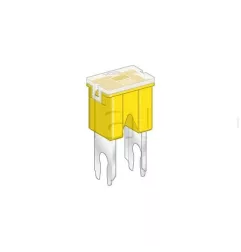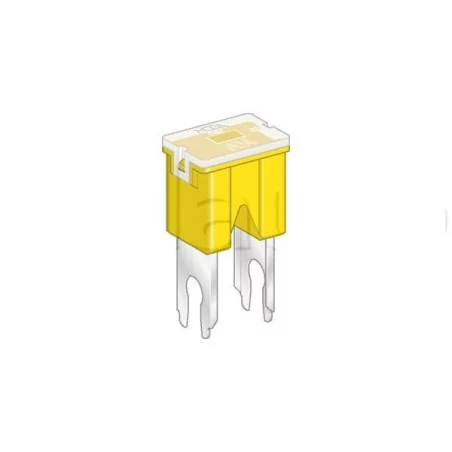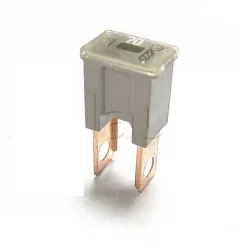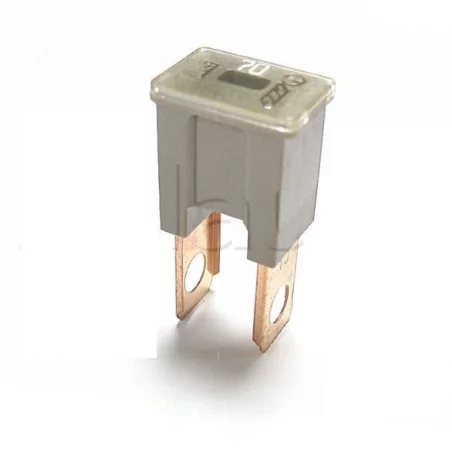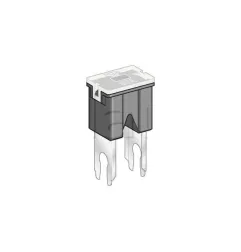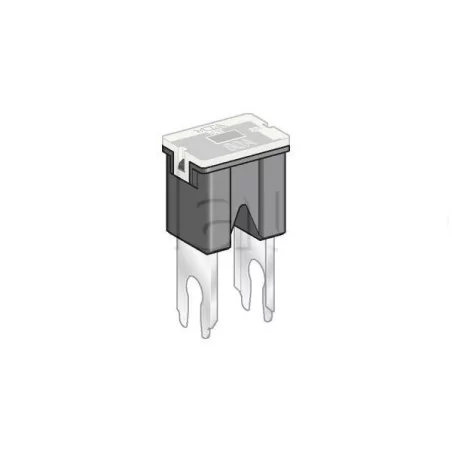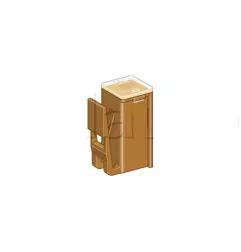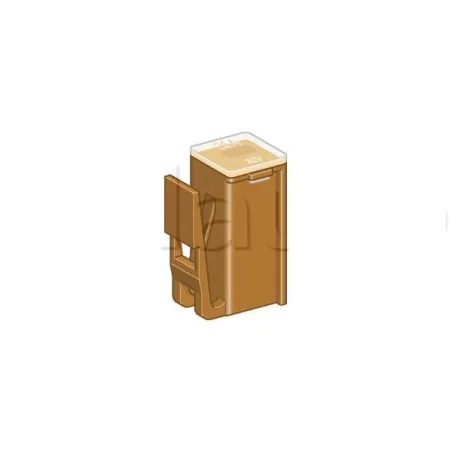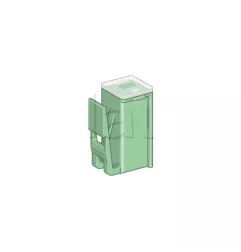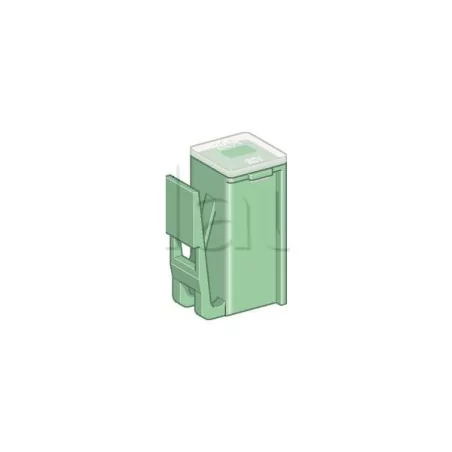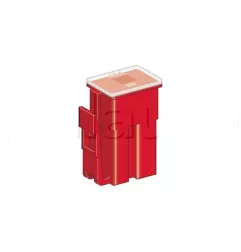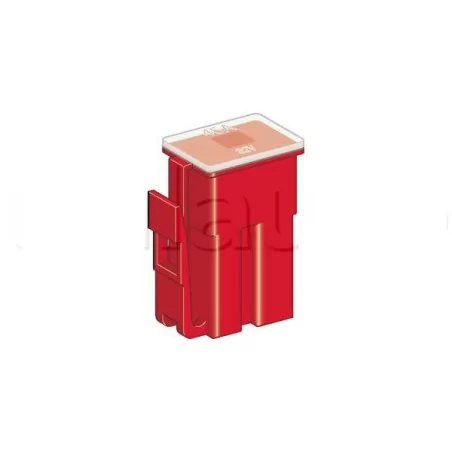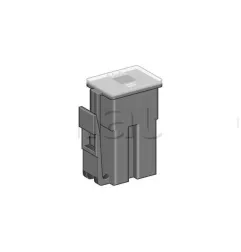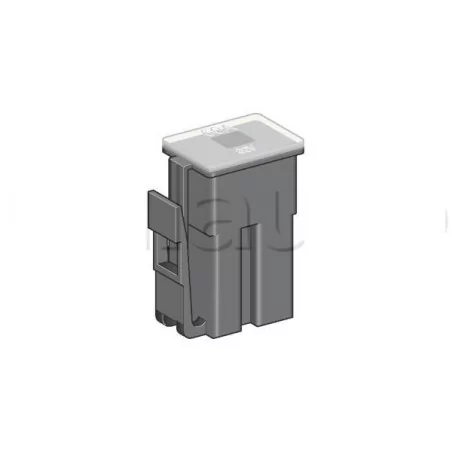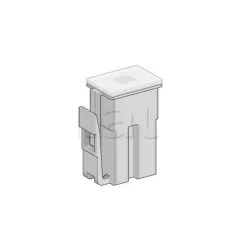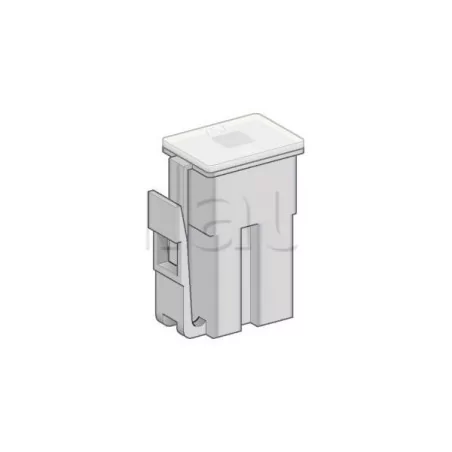Livraison 24/48H - Départ Le Jour Même Avant 16H00 - France, Europe, Monde
40 products
Cartouches temporisées Type E - Clip - Série S.B (Slow Blow)

Cartridge fuses
Fuses are increasingly disappearing in favor of circuit breakers. However, fuses have no fewer advantages than circuit breakers. They are both responsible for protecting your electrical installations. There are different types of fuses on the market such as cartridge fuses. This article will focus more specifically on the function of a fuse cartridge, why we use it, how to choose one and how to test it. In short, we will provide you with all the useful information regarding cartridge fuses.
Fuses: what are we talking about?A fuse is a removable safety element that is part of the electrical circuit of your vehicle. Its function is to protect electrical circuits against short circuits to prevent overheating or fire. It is therefore also responsible for protecting your own life as well as that of your passengers.
A fuse therefore acts as a circuit breaker which stops the current when it detects a certain level of heat. Its operating principle is quite simple. First of all, it should be noted that the electronic equipment in your vehicle is designed to operate in Amps and Volts which are already predefined. These values, whether for voltage or intensity, must therefore not vary at the risk of creating a malfunction which could lead to a fire.
Please also note that when the current in a cable increases, the internal friction increases in temperature, thus alarming the fuse to activate. Indeed, beyond a certain level of intensity, the fuse will start to melt to prevent the current from flowing. It is the conductive alloy tab which will heat up and allow the fuse to melt in this way.
Cartridge fuse: what is it?As has already been said, there are different types of fuses on the market. Among them, we find cartridge fuses. It performs the same role as any other fuse, which is to protect an electrical circuit or electrical equipment against overcurrents which can cause significant overheating for your vehicle.
A cartridge fuse seen from the outside is cylindrical in shape. It has a contact point on each end of the cylinder.You may come across various types of cartridge fuse depending on its manufacturing base: ceramic, porcelain, and glass.
Cartridge fuses are composed of a striker, a spring, a wire and other elements. When the current flow of the electrical circuit reaches too high a level, the component wire of the fuse will melt, thereby cutting off the current and preventing damage from occurring. When the circuit is interrupted, it is because the cartridge fuse has blown. At this point, the device requires immediate replacement.
The cartridge fuses have a color code that meets the NF C 15-100 standard. It expresses both the rating and the size of the fuse. The rating is expressed in Amps indicating the maximum intensity value that can be received. This value is between 2 to 32 A. As for the dimension, it ranges from 8.5 x 31.5 to 10.3 x 38 all expressed in mm.
There are time-delayed and non-delayed fuse cartridges on the market. These are generally both types of cartridge fuses. The first allowing the engine to start and the second which are just to be used for general purposes.
Why use cartridge fuses?
Even if circuit breakers are not far from stealing the show from fuses, fuses are no less advantaged, especially cartridge fuses. Indeed, the latter are known to be less expensive compared to other types of fuses that you can find on the market.
Cartridge fuses are also safe elements. Precisely, during its operation, that is to say when this type of fuse melts to cut off the current, it does not produce any flame or gaseous substance. The product is therefore completely safe.
Signs of a blown cartridge fuse?
The fuses also blow, it is possible as you use your car. Generally, a blown fuse does not cause major damage. Often it's just the interior lights or emergency lights that don't work. This will probably prevent you from using certain electronic and electrical equipment such as the radio, turn signal or air conditioning.
There are many reasons for your blown fuse. First of all, it may be a problem with your electrical installation. Indeed, in the majority of cases, it is possible that it is because of one of your faulty equipment which blows your fuse. It is also possible that a particular device consumes too much energy that is unbearable for your electrical panel.
In some cases, it may be the fuse that is defective causing it to blow at any time. This is especially a rare case but not impossible so if it happens to you, simply replace or have the faulty fuse replaced.
Be aware that a blown fuse, whatever the reason, needs to be replaced since it is not resettable like a circuit breaker.
How to test a cartridge fuse?
Testing a fuse is quite simple and does not require the intervention of your mechanic. However, if you have doubts about your skills, it is better to leave the work to him to be sure of the result.
For the test, you would need a measuring device which is the multimeter. You must start by connecting the black cord of the device to the COM terminal. The red wire of the multimeter must be connected to V.
You must then select the ohmmeter mode of your multimeter. You must then position it on ohm*2000 or 200 to display a value which is supposed to be less than or equal to 1. Then place the tips of the device on the ends of the fuse to see the value which is displayed. You should normally see 0 to be sure that your cartridge fuse is in good condition. The device may also emit a sound. That's always a good sign. On the other hand, if you hear nothing or if your multimeter displays 1, your fuse is probably defective and needs to be replaced.
Find a new cartridge fuse for your vehicle
Need to have your cartridge fuse replaced? Find the best search parts on AutoTruck. Browse our fuse installation catalog to find what you need.
Different types of cartridge fuses as well as timed cartridges are present on the site. Our timed cartridges are available in different amperages according to your needs and in several colors according to your taste.
So do not hesitate to consult our site at any time to choose our cartridge fuses with timed cartridges which are adaptable to different car models.











